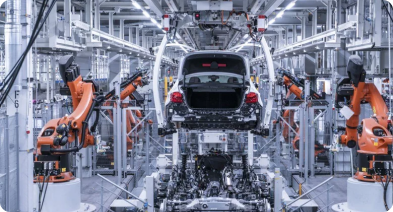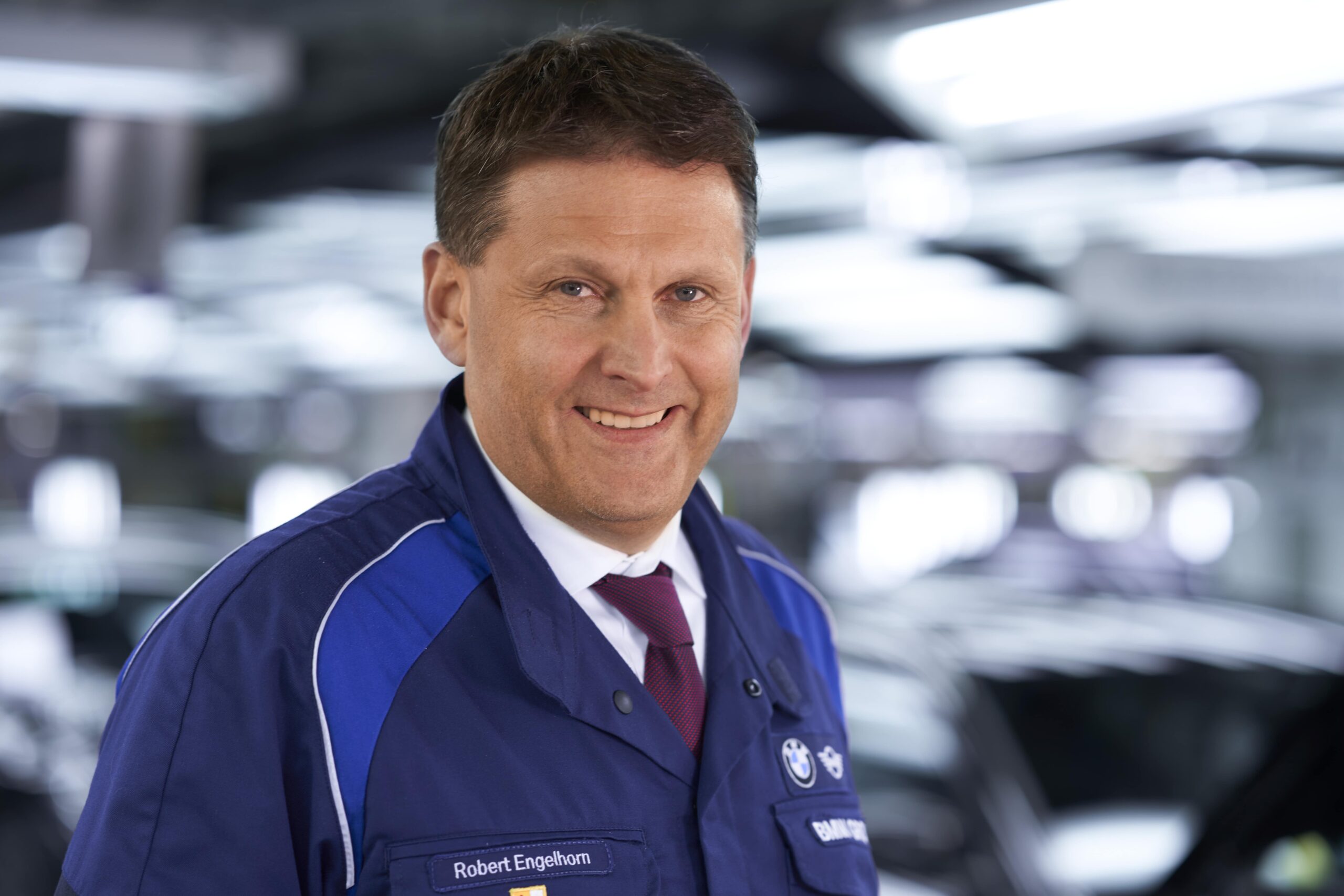BMW Group Plants

Challenge
But recently, that all changed.
Project i kickstarted a transformation across the entire BMW Group range.
As well as improving performance, comfort and safety, the company had to adjust processes globally to design, build and supply more electrified vehicles. Fast. In 2017, BMW Group delivered 100,000 electrified vehicles to customers worldwide.
Such a successful business transformation requires a clear vision, a well-articulated strategy, and well-managed change. And, of course, that shift towards electromobility has been accelerating ever since.

“The EFQM Model helps us ensure consistent alignment, realisation and outcomes (why, how and what) and permeates the entire organisation. Regular self and third-party assessments allow potential for improvements to be identified.”
Solution
“I learned about the benefits of the EFQM Model when I was head of Painted Bodies at BMW Plant Regensburg,” says Dr Robert Engelhorn, now Director of BMW Plant Munich. “And as Senior Vice President Production and Technology with our joint venture BMW Brilliance in China.”
“It’s a comprehensive, holistic and entrepreneurial approach that has helped us to ensure lasting success.”
But just as organisations need to innovate and improve constantly, so does EFQM.
BMW Plant Munich was one of the first organisations to pilot the New EFQM Model when it was introduced in 2019.
“We have used it ever since to enhance, verify and evaluate our strategy,” says Dr Engelhorn.
“One of the things this Model has helped us with is re-evaluating the links between purpose and strategy and strengthening our focus on stakeholders in the process.”
The updates and improvements to the EFQM Model were particularly appreciated by Dr Engelhorn in the Munich Plant. “Enhancements to the Model allow the analysis and evaluation of ongoing challenges such as the transition to electromobility.”
By the end of 2021, BMW Group predicts that they will have sold more than a million electrified models worldwide.
